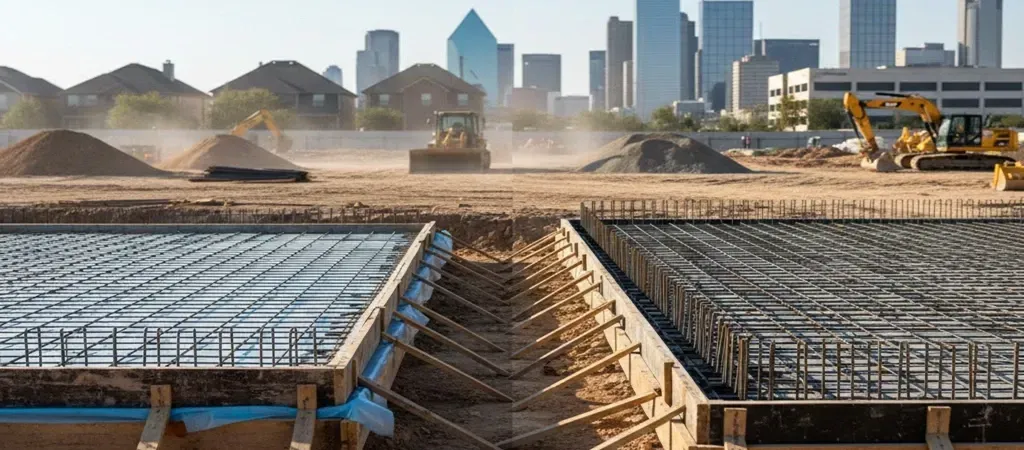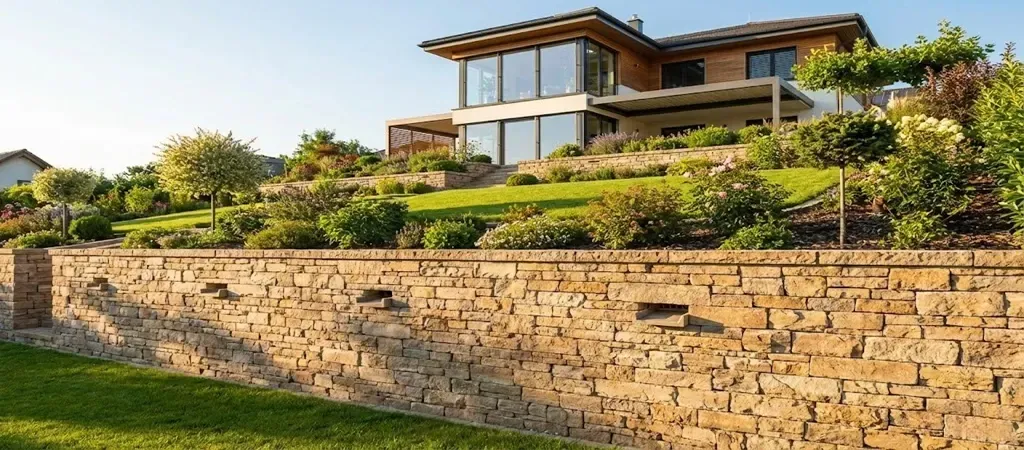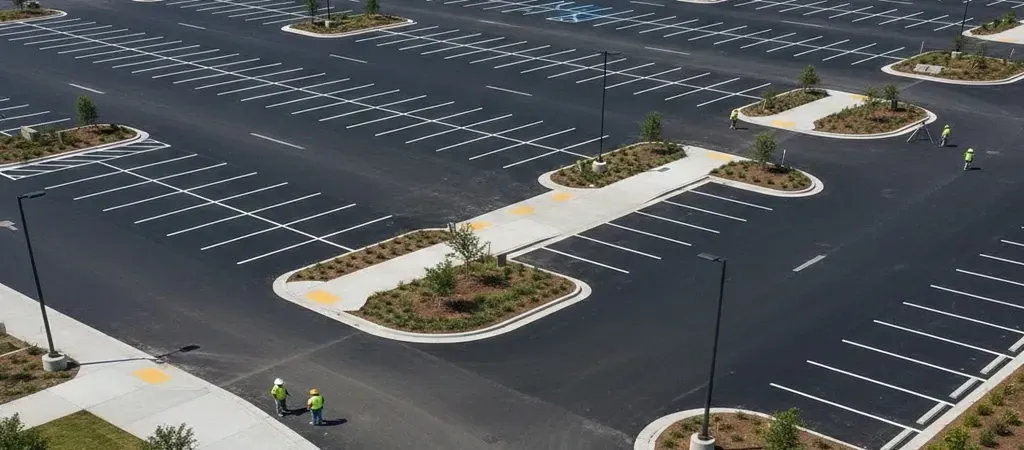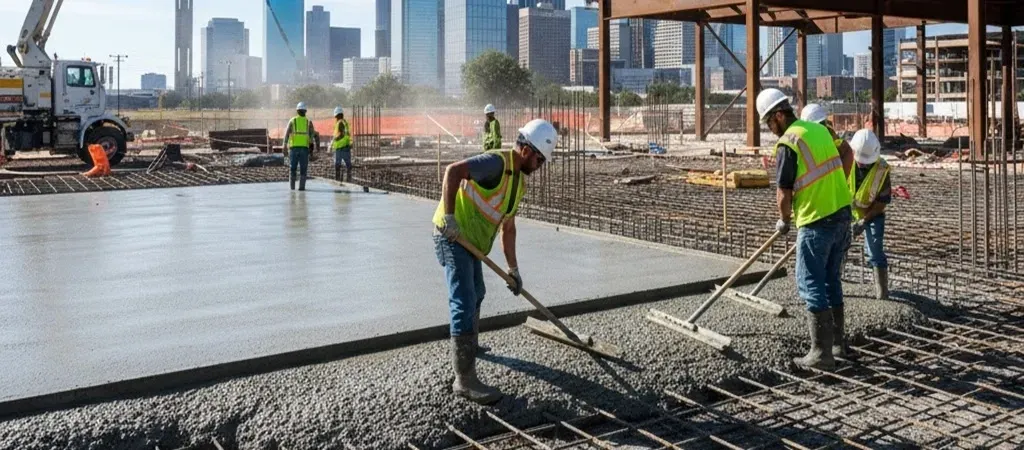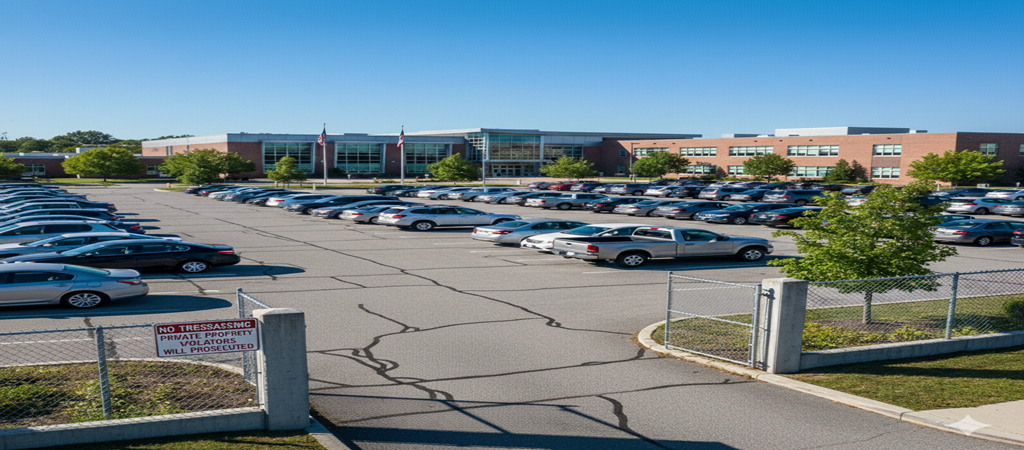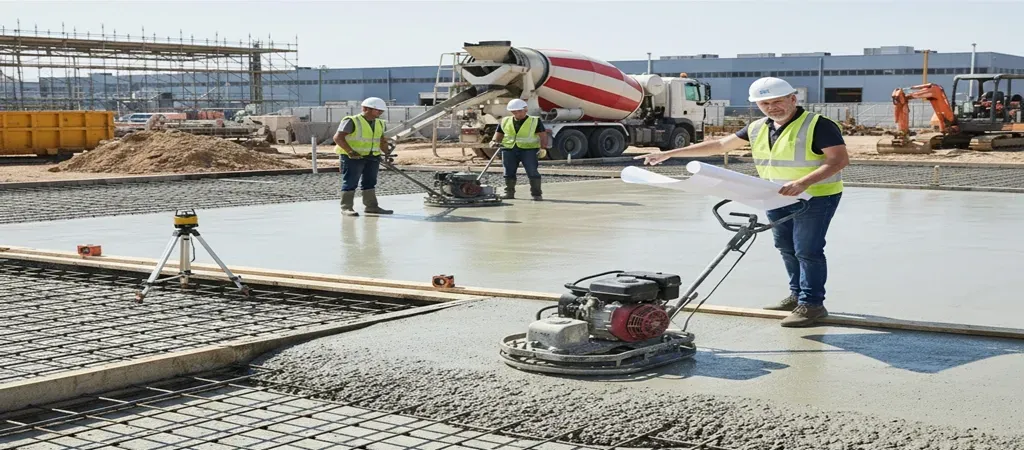Step-by-Step Guide for Installing a Basic Dallas Concrete Driveway
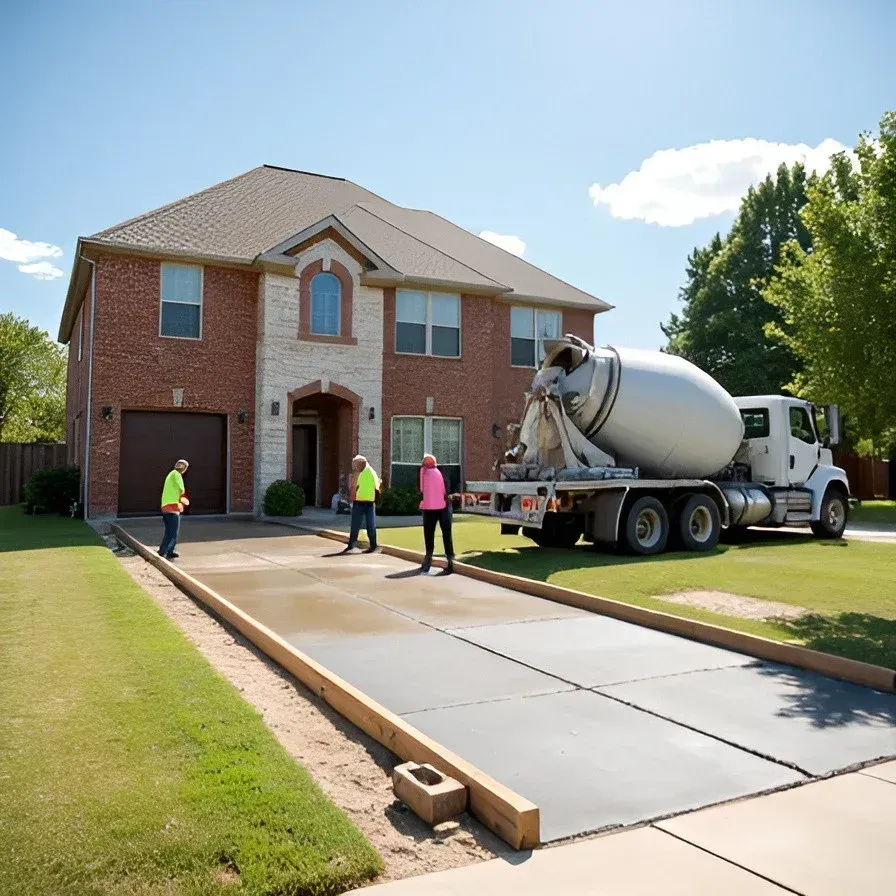
Concrete driveways mixing tips are a classic choice. They are durable and stylish. Looking to boost curb appeal? Or just need a reliable parking spot? Laying your own driveway can feel like a rewarding DIY challenge.
This article breaks down the process into easy steps. Let’s dive in and make driveway installation fun and manageable!
Getting Started - Plan Like a Pro
Before jumping in, take a moment to plan. Seriously, don’t skip this. It’s the foundation of everything (pun intended).
Measure Twice, Pour Once
Grab your tape measure. Then figure out the size and shape of your driveway. Want a straight path? A curved beauty? Decide now because changes later are a headache.
Check for Permits
Dallas might love DIY. But they also love rules. Head to your local zoning office to see if you need permits. If you're using non-porous concrete, chances are you'll need the green light.
Prep the Site - Time to Get Dirty
The foundation is everything. And we’re not just talking metaphorically. A poorly prepped site equals cracks later.
Mark Your Territory
Use stakes and string to outline the driveway. Think of it as drawing your masterpiece. But just straighter.
Dig Deep (But Not Too Deep)
Excavate about 8-12 inches depending on your soil and vehicle weight. Compact the base soil for stability. Loose soil is a driveway’s worst enemy.
Lay the Sub-Base
Spread 4-6 inches of crushed stone or gravel. Compact it until it’s as firm as your resolve to finish this project.
Forms and Reinforcements - Structure Matters
You need strong edges to hold that concrete in place. This step is your driveway’s safety net.
Build Wooden Forms
Use sturdy boards to outline your driveway. Anchor them securely with stakes. And keep everything level and aligned. Wobbly forms = uneven concrete.
Add Steel Reinforcements
Place rebar or wire mesh inside the forms. This gives your driveway superhero-level strength. It will be able to handle trucks, SUVs, or even your neighbor’s moving van.
Pouring Concrete - The Moment of Truth
Here’s where the magic happens. Concrete goes in, and suddenly, it all feels real.
Mix It Right
Whether you're mixing it yourself or getting ready-mix delivered, consistency is key. Aim for a thick and pancake-batter texture.
Start Pouring
Begin at the lowest point and work upwards. Use shovels and rakes to spread the mix evenly. Don’t rush. This isn’t a race.
Smoothing and Finishing - Bring on the Zen
Concrete loves attention. Smooth it out to make your driveway look polished and professional.
Screed the Surface
Grab a longboard. Move it across the forms to level the concrete. This step feels oddly satisfying. Like ironing out wrinkles.
Float the Top
Use a bull float to smooth the surface. And bring out excess water. This way, you’re giving the driveway a spa treatment.
Cut Control Joints
These are shallow cuts every 4 feet to prevent cracks as the concrete expands. Think of it as preemptive maintenance.
Create a Non-Slip Finish
Use a broom to lightly texture the surface. It’s practical. Moreover, it adds a touch of character.
Curing and Final Touches - Patience Pays Off
Concrete isn’t done once it’s poured. Give it time to mature into a rock-solid surface.
Cure with Care
Keep your driveway surface moist for at least 1 week. Sprinkle it with water lightly. Or cover it with wet curing blankets. This step is like giving your driveway a little TLC.
Remove the Forms
Once the concrete is firm (but not fully cured), remove the forms carefully. Be gentle. Your driveway is still growing up.
Edge Like a Pro
Use an edging tool to smooth the sides for a neat and polished look. This step isn’t mandatory. But it adds a nice professional finish.
Show It Off
After 2 days, you can only walk on your driveway. However, your driveway is ready for action after 28 days. Park your car, admire your work, and maybe even throw a driveway party (BYOC—bring your own car).
Concrete is low-maintenance. Plus, with proper care, your new driveway can last over 30 years.
Final Words - Upgrade Your Driveway
At Dallas Concrete Contractors, we specialize in creating durable, stylish, and professionally installed concrete driveways. Everything is tailored to your needs.
Tackling a DIY project? Or prefer expert hands to handle the job? Our team is here to ensure flawless results every time.
👉 Contact us today at Dallas Concrete Contractors to get your free quote!
